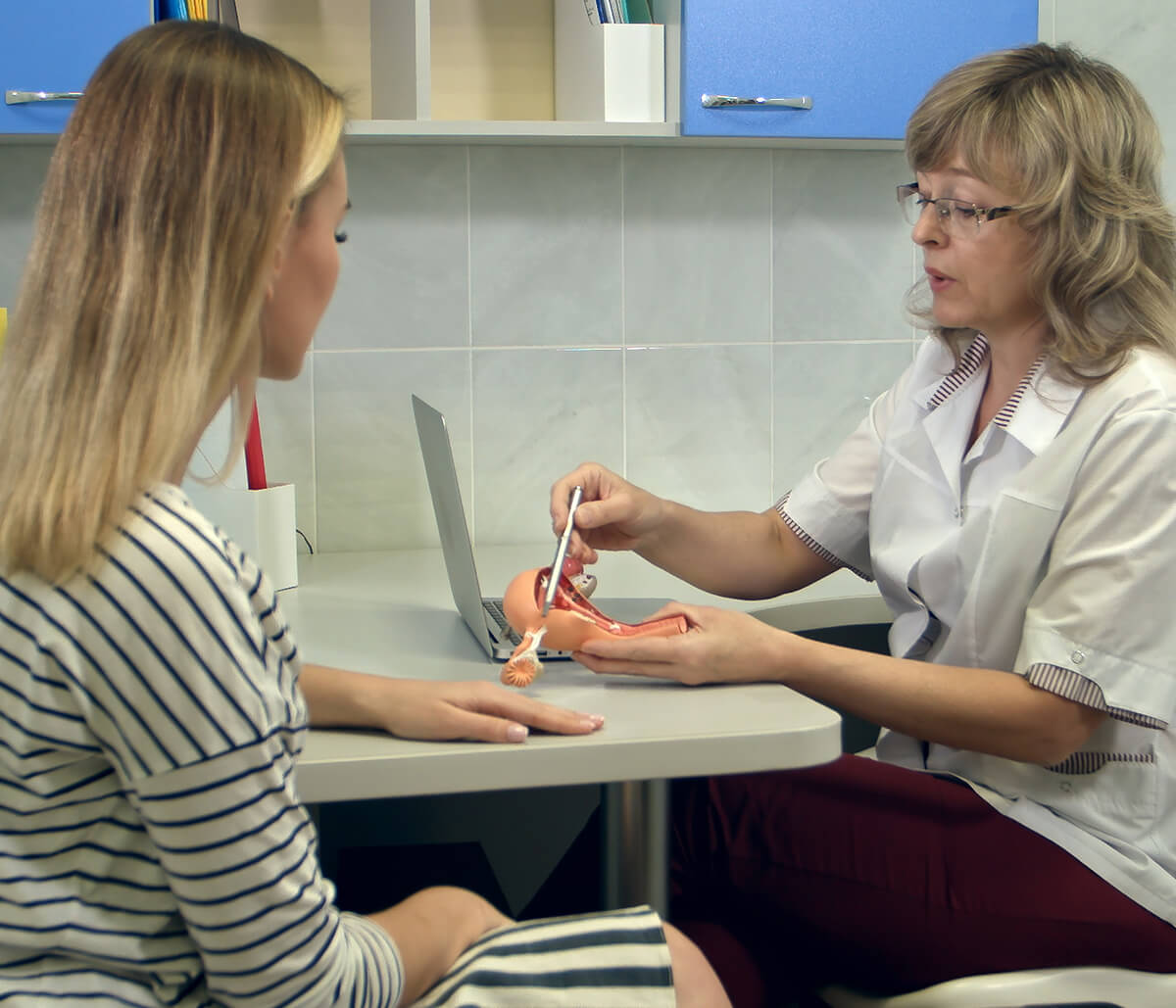Tips for recovery after a Hysterectomy
At Northwestern Women’s Health Associates in Chicago, Illinois, we know that the decision to undergo hysterectomy surgery is a big one. Advances in surgical techniques, including the da Vinci robotic hysterectomy, have enabled us to perform this procedure with fewer complications and less postoperative pain. However, it is important to understand that it is still a surgical procedure that requires healing and recovery. Preparing a plan for your recovery period can help ease the healing process and set you up for success.

What to expect immediately after your surgery
After your surgery is complete, we will take you to a recovery room for monitoring as you wake up from being under anesthesia. While patients undergoing a traditional hysterectomy typically stay in the hospital for two to three days after surgery, most robotic hysterectomy patients can return home on the same day as their surgery ot the next morning.
Taking care of yourself at home
Before you leave the hospital, we will give you thorough aftercare instructions to help ease your recovery period and minimize the chances of complications. We will also schedule follow-up appointments, and it is important to keep these so we can check on your recovery progress.
With each passing day after your surgery, you will regain more mobility, and approximately 90 percent of patients can return to performing light physical activity and driving within just two weeks. It may take up to two weeks before you are ready to stop taking pain medications and return to a desk job.
In general, full recovery from a laparoscopic or robotic hysterectomy takes four to six weeks. However, you will likely start feeling better much sooner than that, so it is important to take it easy, avoid heavy lifting, sexual intercourse, and inserting anything into the vagina during this period. Some pain and light vaginal bleeding are normal for the first several days; however, if you experience any of the following symptoms, please call our office:
- Pain that is not relieved by medications
- Fever
- Heavy bleeding from the vagina
- Drainage, bleeding, or redness in the incision areas
- Swelling or pain in your legs
- Shortness of breath or chest pain
Your partners in care
After a hysterectomy, you may experience some emotional symptoms in addition to your physical symptoms. The team at Northwestern Women’s Health Associates will be here for you every step of the way. Our office can be reached at 312-440-9400.
Back to Robotic Hysterectomy Page



